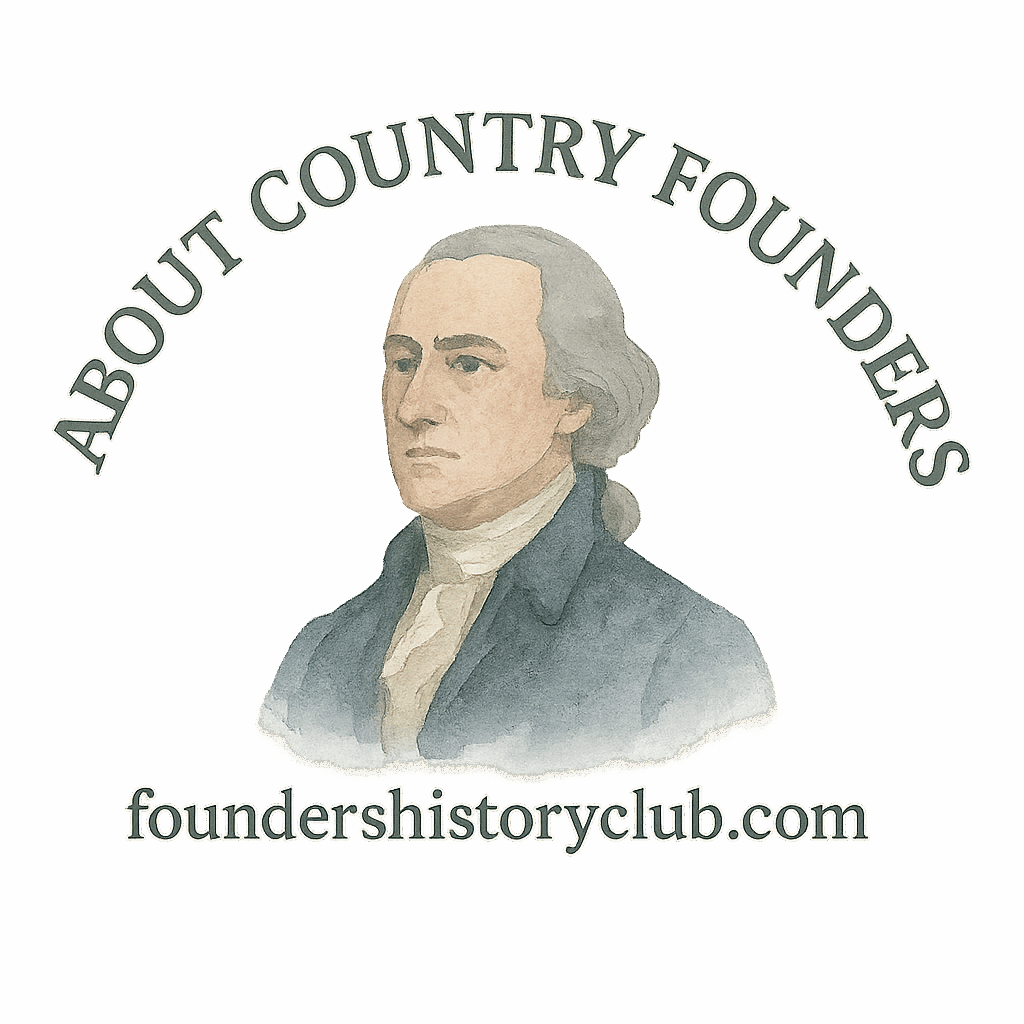Introduction to Federalism and Its Global Impact
Ever wonder why some countries have both national and regional governments working hand-in-hand? That’s federalism for you. It’s like a well-oiled machine where different parts run independently but still make the whole thing move smoothly. And behind every great federal system, there’s usually a founder—or a group of them—who laid the groundwork.
What Is a Federal System of Government?
Federalism is a political structure where power is split between a central authority and smaller political units—think states, provinces, or regions. This system balances unity with diversity, making it ideal for large, multicultural nations.
The Key Components of Federalism
- Shared Sovereignty: Both national and regional governments have real power.
- Written Constitution: Clearly defines who does what.
- Independent Judiciary: Keeps everyone playing fair.
Benefits of a Federal System
- Encourages regional self-rule
- Prevents concentration of power
- Accommodates diversity
Why Founders Chose Federalism
The people who built these systems weren’t just thinkers—they were doers. They understood the need for unity without sacrificing local control.
Political Diversity and Regional Autonomy
Different regions often have distinct cultures, languages, and needs. Federalism respects that.
Protection Against Tyranny
By dividing power, it becomes harder for any one person or group to dominate the system.
1. George Washington – United States of America
Washington wasn’t the author of the U.S. Constitution, but his leadership during the Constitutional Convention gave it weight. He understood the need for a central government that was powerful but limited—exactly what federalism offers.
Washington’s Role in Federalist Principles
- Presided over the Constitutional Convention
- Advocated for ratification
- First to embody federal leadership as president
Legacy and Lasting Impact
Thanks to him and others, the U.S. federal system inspired democracies worldwide. Learn more about America’s legacy here.
2. Sir John A. Macdonald – Canada
Macdonald wasn’t just Canada’s first Prime Minister—he was the architect of its federal union. Faced with vast geography and regional identities, federalism was the solution.
Architect of Canadian Confederation
- Led negotiations uniting provinces in 1867
- Created a balanced system of central and provincial powers
Shaping Canada’s Federal Structure
His work laid the groundwork for Canada’s modern identity. Explore more about continental founders.
3. Alexander Hamilton – U.S. Constitutional Architect
Hamilton believed in a strong national government, but not at the expense of states. His writings in The Federalist Papers helped sway public opinion.
Vision for a Strong Central Government
- Advocated for a national bank and fiscal union
- Promoted checks and balances
The Federalist Papers and Influence
These essays remain a masterclass in constitutional thought. Visit comparative works here.

4. B.R. Ambedkar – India
Ambedkar, often called the father of the Indian Constitution, blended British, American, and local principles into a unique federal design suited for India’s massive diversity.
Building a Federal Democracy in a Diverse Nation
- Drafted provisions balancing national unity with state rights
- Emphasized social justice
The Indian Constitution and Federal Ideals
Ambedkar ensured that federalism could coexist with democracy and equality. Read about borrowed ideologies.
5. Otto von Bismarck – Germany
Bismarck, the “Iron Chancellor,” unified various German states under one federal empire in 1871.
Unifying Germany through Federal Strategy
- Balanced Prussian dominance with local autonomy
- Introduced the Bundesrat (federal council)
Bundesrat and Shared Sovereignty
Germany’s federal model remains one of the most structured in the world. More about governance.
6. José Batlle y Ordóñez – Uruguay
Batlle was ahead of his time, introducing progressive reforms and embedding federal ideas in Uruguay’s constitution during the early 20th century.
Promoting Welfare and Federal Governance
- Empowered regional departments
- Balanced power between president and legislature
Modern Impacts on South American Federalism
His model inspired nearby nations to consider more decentralized governance. Explore revolutionary founders.
Comparative Reflections on Federal Founders
Unique Paths to Shared Governance
Each founder took a different road, but all aimed to balance national unity with local control.
Lessons from Federal Pioneers
- Context matters
- Federalism is adaptable
- Leadership is everything
Legacy of Federal Governance in the Modern Era
Evolving Models and Global Influence
Federal systems aren’t static—they evolve with time, tech, and the people they serve.
Challenges and Criticisms Today
- Jurisdictional overlaps
- Unequal resources among regions
- Risk of gridlock
Still, the system remains a powerful tool for pluralistic societies. Dive deeper into ancient political structures.
Conclusion: Founders Who Shaped Modern Federalism
From George Washington to José Batlle, these pioneers built more than governments—they built systems that embraced diversity, resisted tyranny, and stood the test of time. Their legacies continue to influence how we think about power and people today.
FAQs
- What is the core idea behind federalism?
It’s all about sharing power between national and local governments while respecting both. - Why is federalism important today?
It accommodates diversity and prevents authoritarianism. - Which country was the first to adopt a federal system?
The United States in 1787 with its Constitution. - Can federal systems evolve over time?
Absolutely. Most federal systems adapt to changing political, economic, and social realities. - Is federalism better than a unitary system?
It depends on the country’s needs. Federalism works best for large or diverse nations. - How did B.R. Ambedkar adapt federalism for India?
By ensuring strong central authority with room for state autonomy. - Where can I learn more about historical founders and systems?
Visit Founders History Club for deep dives and more!


